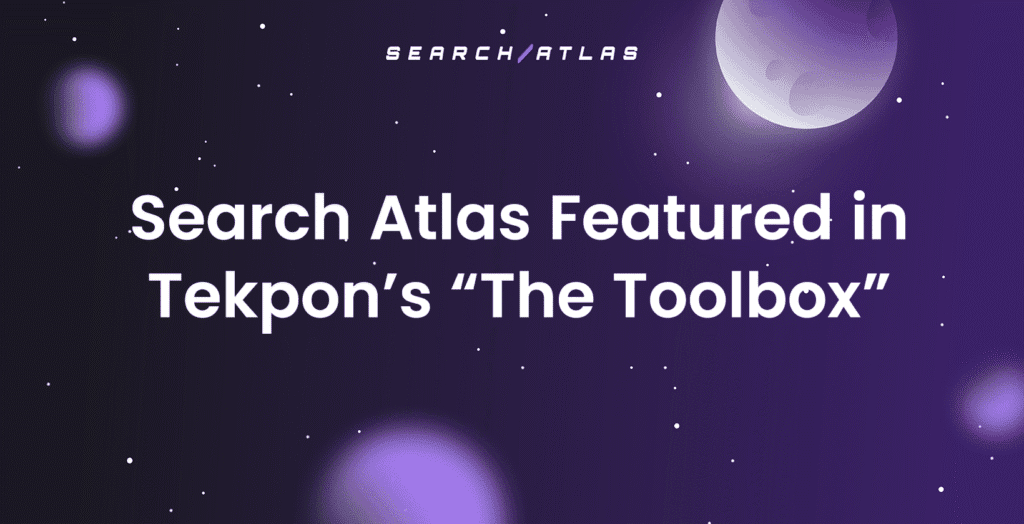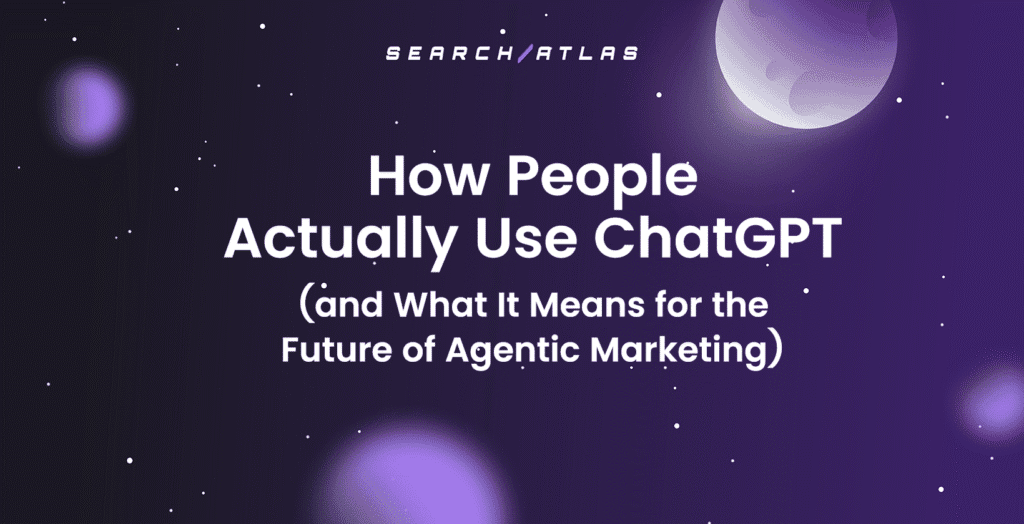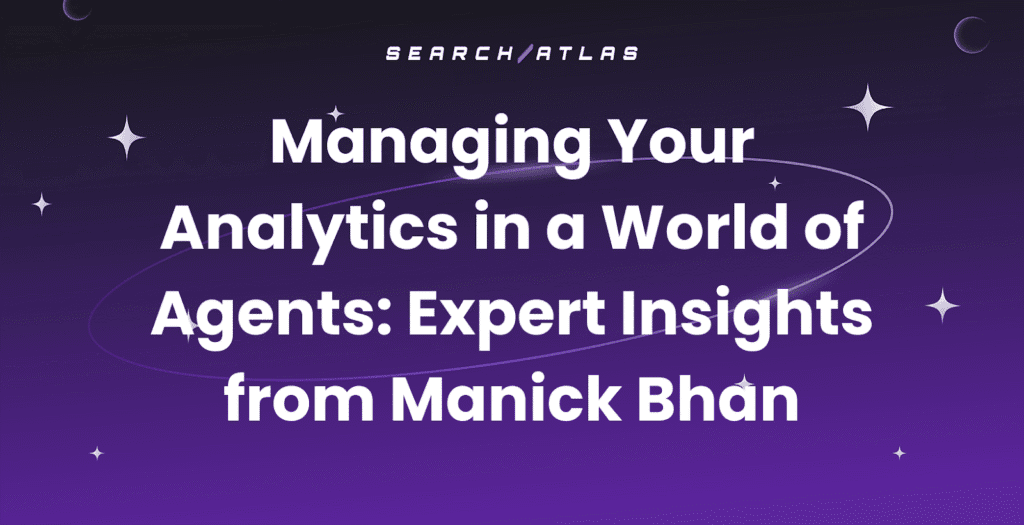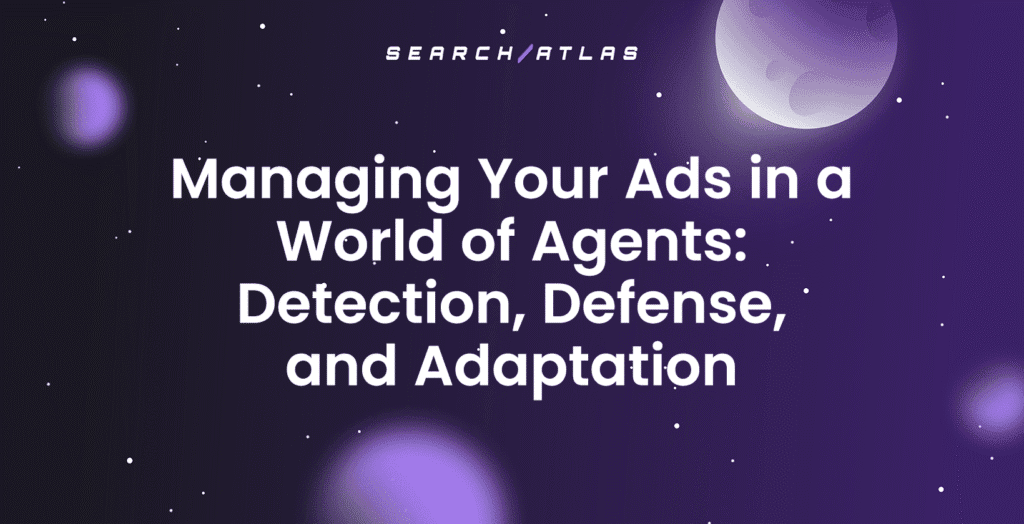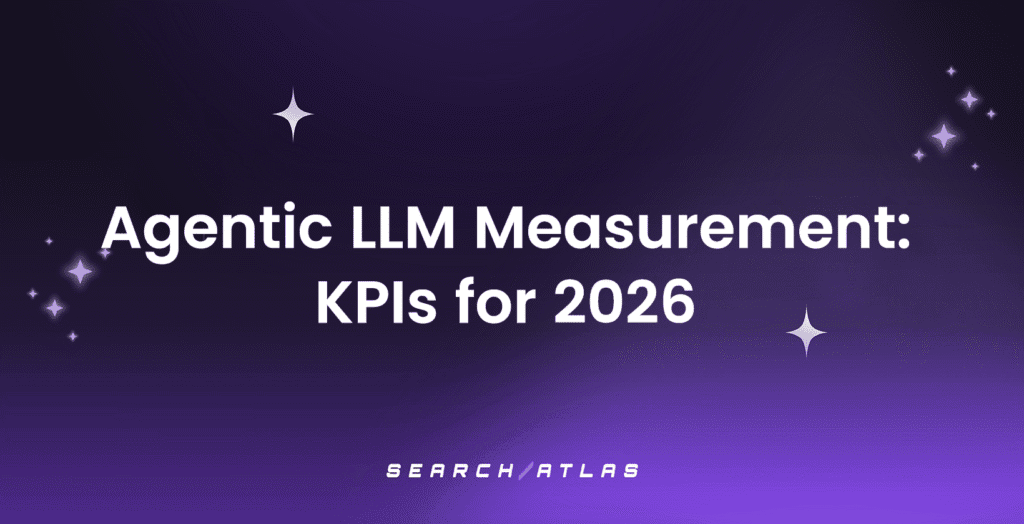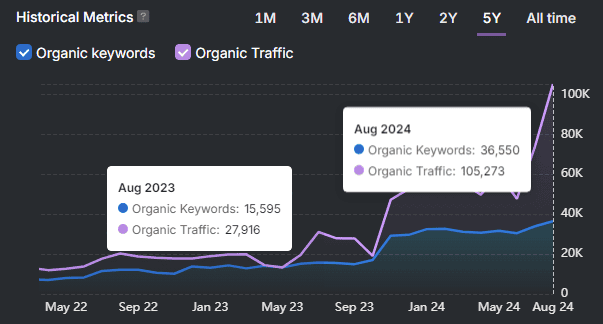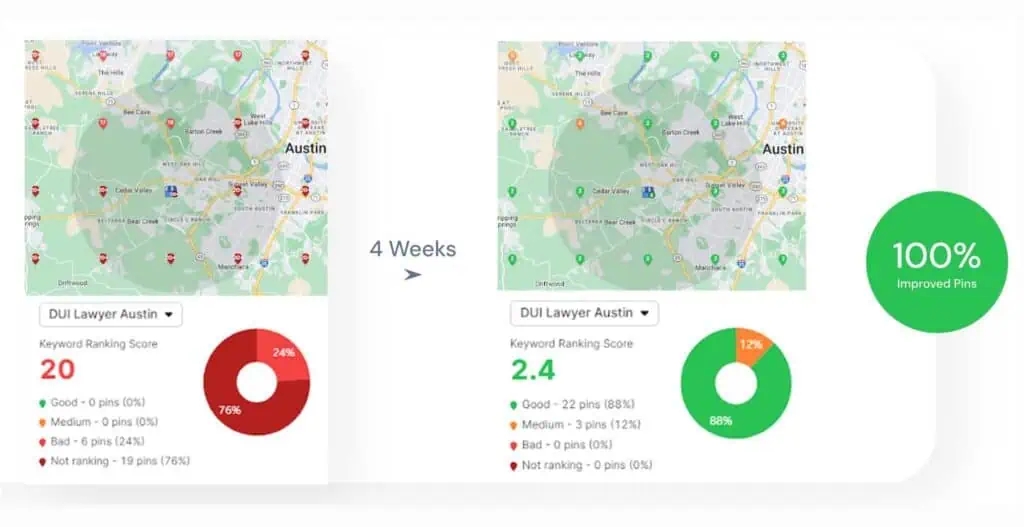OpenAI’s release of ChatGPT Atlas signals a new phase for the internet. Browsers powered by artificial intelligence (such as Atlas, Comet, Dia, and Fellou) no longer just display information. Agentic browsers have the ability to interpret and act on it.
This shift means marketers now face a new audience: AI agents that read, reason, and decide what content users see. The search marketing software company Search Atlas tested ChatGPT Atlas to discover possible implications on online marketing.
The focus was on ChatGPT Atlas, given its potential to challenge Google Chrome by leveraging its user base of 800 million people.
The browser can automate tasks such as building itineraries, compiling shopping lists, or finding products and gift ideas, but the outcome quality depends heavily on how clear the user instructions are.
Why We Decided to Test Atlas
Search Atlas founder and CTO Manick Bhan’s team tested Atlas with tasks like checking ClickUp employee assignments, chartering yachts with specific guest and room details, and searching for products. The tests showed ChatGPT Atlas performs smoothly but remains slower than human users who operate ChatGPT alongside Chrome, and it cannot verify accuracy or make independent decisions.
The LLMs that run behind these browsers can also be tricked into displaying obviously fake information as a real fact. Another Search Atlas experiment involved posting information and guides on a fake city, with both Gemini and ChatGPT accepting its existence as a fact at first. The fact-checking, which is a more expensive computing action, only came some time later, after which the LLMs answered correctly that the city was invented.
The Fake City Experiment: Fact-Checking Challenges
Further testing pointed to concerning implications that agentic browsers and Google will need to address. The first issue is that user-agent detection tools like Browserscan cannot currently distinguish Atlas from human activity. The second is that ChatGPT Atlas clicks on sponsored results when prompted.
Financial and Analytical Implications for Marketers
Because it runs on Chromium, websites, ad networks, and analytics platforms log its actions as legitimate users. “When ChatGPT Atlas clicks on a sponsored post, advertisers pay for that click just as they would for a human visitor,” Bhan said.
Until systems can reliably differentiate human and AI interactions, AI-driven clicks risk inflating ad spend and distorting attribution, with the potential to undermine marketing insights such as traffic or click-through rates.
As agentic browsers gain traction, Bhan advises companies to audit analytics, monitor irregular ad activity, and report anomalies.
Finally, Bhan suggests that these developments signal a broader shift toward Agentic Interaction Optimization (AIO), where marketers must ensure brands are visible, trusted, and selected by AI agents acting on behalf of billions of users.
The focus is no longer solely on traditional SEO — success in the agentic economy depends on influencing AI reasoning and decision-making across web protocols.


